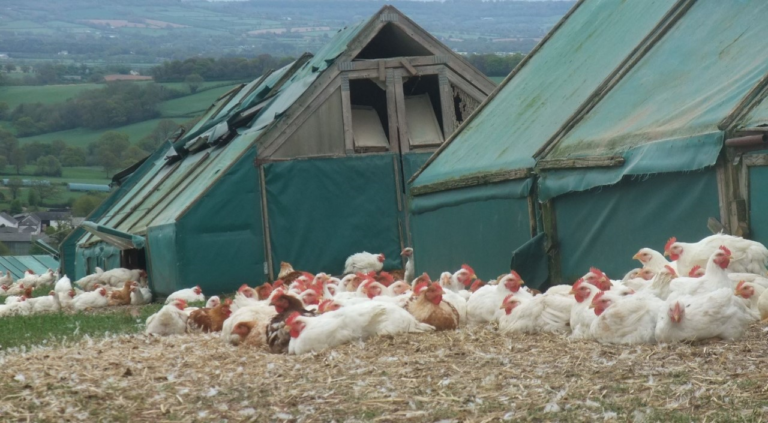The BBC’s Countryfile programme has been criticised after broadcasting an item on the use of ionophores in poultry farming, which compared their use to antibiotics. The story was also reported on by the Press Association, Sunday Telegraph and BBC Radio 4’s Farming Today.
The programme said that while veterinary antimicrobial use in poultry farming in the UK had fallen by 82% over the past six years, ionophores were increasingly being used in their place in order to protect against Coccidiosis, an intestinal parasitic disease.
But the programme failed to distinguish between veterinary antimicrobials, which have been linked to increased resistance in humans to antibiotics, and ionophores, which are feed supplements and have no impact on human health or resistance to medicines.
The British Poultry Council said in response that ionophores were animal-only antimicrobials that are not classified as veterinary medicinal products and their usage is not linked to reduction in antibiotics. “They are classed as feed additives by the Government’s Veterinary Medicines Directorate. The World Health Organisation, the World Animal Health Organisation (OIE), and the European Surveillance Programme of Veterinary Antibiotics have confirmed that ionophores have no impact to human health. The European Food Safety Agency has also scrutinised the use of ionophores and published opinions have deemed them safe to be used as a feed additive with no risk to humans.”
A Defra spokesperson said: “Since the launch of our Antimicrobial Resistance Strategy in 2013 we have seen a 40% drop in the sale of antibiotics to the farming industry. We are continuing to work with farmers on this issue, and recently published a new five-year plan to build on these results.
“While ionophores are not regulated as antibiotics in the UK, we are clear that they must not be used to compensate for poor animal husbandry practices.”


